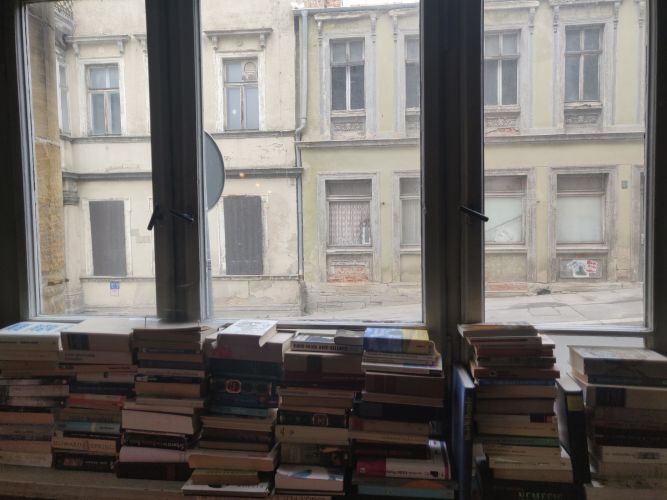
This project aims to study how and by whom the regional self is constructed and mobilised to include or exclude imaginaries and experimental pathways towards the future. The project is situated in the mining and industrial area of Central Germany, also known as „Mitteldeutsches Revier“. Against the background of phasing out coal mining and the sustainable restructuring of the chemical industry, transformation is inevitable. The regional self is formed under these circumstances from outside as well as inside. From the outside, politicians, administrators and planners on the level of the local state, the federal nation, and supranational institutions (EU) define regions in transition. From the inside, actors such as town councils, companies or NGOs within the bureaucratic delineated zones of transformation construct and perform their regional self in relation to such zoning.
Regional transformation and restructuring is no longer a question of regional economic policy alone. Climate change, biodiversity loss and geopolitical violence put transformation regions at the forefront of a global struggle for establishing more sustainable, robust and just socio-economic as well as socio-ecological assemblages. What is good for “the region” is no longer defined in terms of regional economic and population growth statistics. Alternative imaginaries of the good life and regional wellbeing are now measured against the backdrop of planetary wellbeing and what is called planetary boundaries. However, these new priorities are contested on many grounds and in themselves far from homogenous. The forced transformation of areas such as the Mitteldeutsche Revier speeds up, accentuates and brings to light the struggles over the good life in the planetary age, or what is now often called „the Anthropocene“.
Building from the writings of cultural theorist Stuart Hall, the regional self is, as any other social identity, a relevant but also always constructed and emerging positioning, shot through with inequalities and power, struggled over, contested, and always emerging and changing. From a postcolonial view, the project asks if there are fruitful avenues of comparison, given the ubiquitous „othering“ of transformation regions and their inhabitants – while acknowledging the crucial differences between former colonial land and former industrial heartlands of the colonisers. Understood from this angle, the regional self is not an identity with fixed meanings but – paradoxically – an emancipatory project as well as a technology of domination. Struggles over territorial, institutional and individual inclusion and exclusion reveal this paradoxical race towards the future as much as lived experiences and realties in local settings of villages and towns, some in transformation, others in deformation and desertion. This variegated landscape of transformation for the planetary good as well as geopolitical security is punctured by non-transformationist desires and everyday lives stuck in involuntary paths of regional degrowth that is accompanied by a politics of austerity, unable to redress administrative practices against a still prevailing culture of shrinking.
The struggles over the three „r’s“ renegotiating, reimagining and reinventing of the regional self will ultimately set the quality and pace of transformation for the area called Mitteldeutsches Revier as for any other region in transformation. The study of these three „r’s“ contributes towards a more nuanced understanding of the dynamics and obstacles we will encounter on our way to a more synchronized action for planetary and regional wellbeing.
